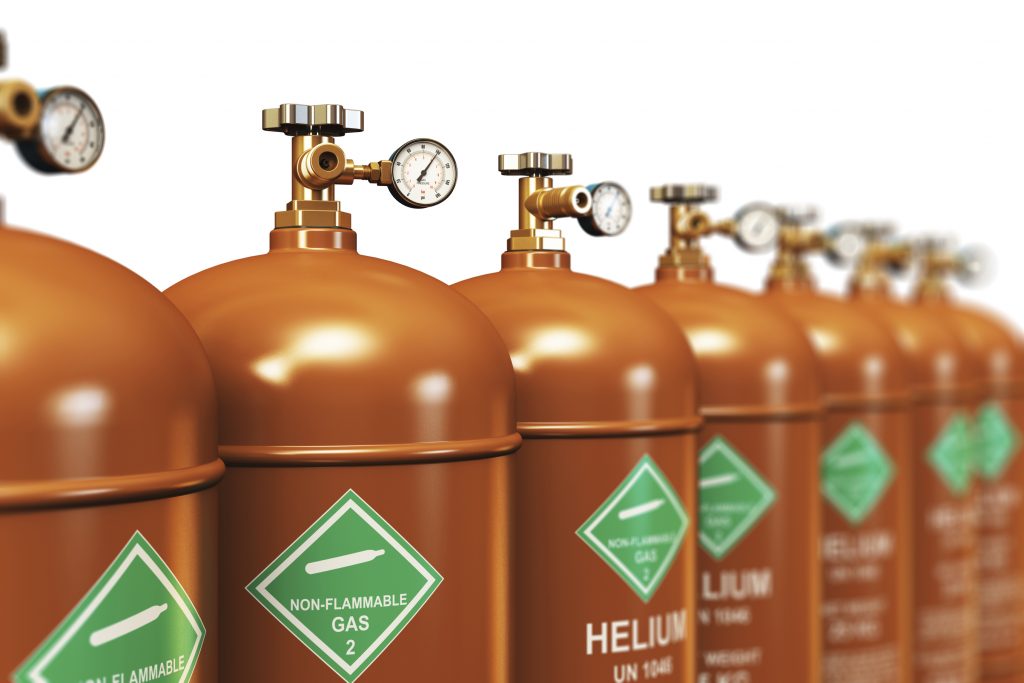So I’m sure you’d agree that taking a big breath of helium makes your voice sound hilarious. But have you ever questioned why that happens and whether the rumours of it being harmful to you are really true?
I bet you thought that the gas altered the pitch of your voice, when in fact it changes the ‘timbre’, so when you think you’re hearing a higher pitch, listen carefully and your voice has altered to more like Donald Ducks. To begin to comprehend why this happens, it would be helpful to understand how our vocal cords work and how helium modifies them.

The Science of Speaking
Just like a car, we need power to function. In our case, we power our voices from the air that we exhale. We then create the actual sounds by breathing in the air, though the folds in the back of your mouth or vocal cords. As the air comes through the vocal cords, it interrupts the flow of air from your lungs and creates ‘puffs’ of sound.
The faster these movements are, frequencies are created. Your vocal tract amplifies these frequencies or harmonies and makes them louder. So, the equation of your individually shaped vocal folds plus the different harmonics, equals your distinctive sound quality or ‘timbre’.

Helium & Sound
Sound travels at 1,128 feet per second through air, which is mostly made up of nitrogen, oxygen and a dash of argon. If you add helium into the mix, then sound travels at a crazy 3,041 feet per second. This is because nitrogen and oxygen molecules are much heavier than helium atoms. (Air has a density of 1.29 g/L and helium is 0.090 g/L which is more than half!)Taking this in mind, it makes sense that a sound wave travels faster through a vocal tract full of helium.
The frequency vibrations from when you speak actually don’t change when you intake helium, which is why it’s technically the timbre which changes, not pitch. Timbre is essentially the quality of your speech or any sound, otherwise known as tone colour or quality. The helium molecules allow the sounds to move faster, making your vocal tract much more responsive to high frequency sounds and less responsive to low frequencies.
So, if you wondering if a lighter gas such as helium does this to your voice, would a heavier density gas do the opposite, well you’re right! Gases that are heavier than air, such as Xenon simplify the lower frequencies, so you end up sound more than Barry White, than Donald Duck.
The Effects on your Body
As entertaining as it is; making your voice sound like a chipmunk, when you take in helium into your system, is restricting the original source of oxygen that you need for normal respiration. Breathing in helium continuously can cause asphyxiation, causing you to lack a severe amount of oxygen which is needed in the body. If you feel a light headed feeling, this is a sign to stop.
And, whatever you do, never inhale helium from a pressurised tank. Doing this can cause as much damage as even rupturing your lung tissue, and send this huge amount of gas into your blood stream.

Helium can be an extremely fun gas! It supplies us with endless fun in the form of balloons, blimps and much more, and there is no harm in having a sneaky inhale to change the timbre of your voice for a few giggles. Just don’t overdo it. If you would like any more information, or have any enquiries, don’t think twice about getting in touch. Fill N Away would be more than happy to help.
